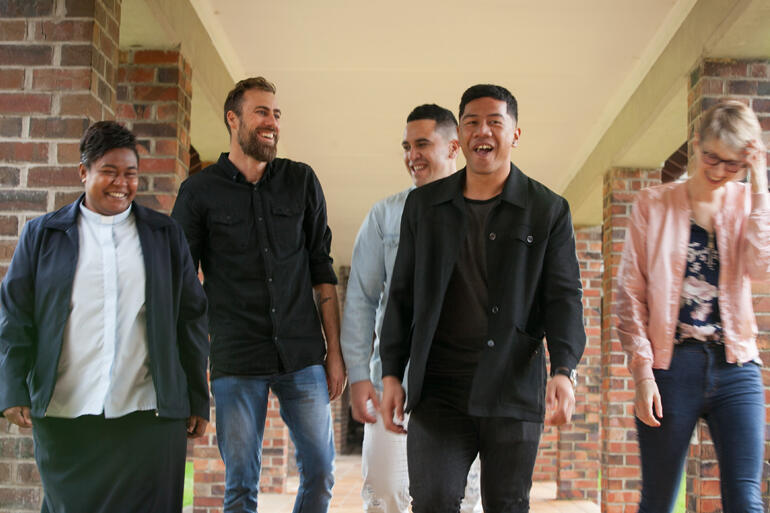
Next Monday St John’s Theological College will welcome international changemaker Paul Sparks to their Auckland campus where he will share insights from the growing US ‘parish movement.’
Paul Sparks encourages leaders to radically reorient the way church communities inhabit and respond to their physical neighbourhoods, to become partners in Spirit-led grassroots change. As part of that he hopes Christians will expand their understanding of church,
“We need to see the church as all the people in the neighbourhood who have redemptive patterns of behaviour, and reach out, latch arms, connect to one another and be the church in a particular place,” says Paul Sparks in ‘The New Parish’ introductory video.
St John’s College principal Rev Tony Gerritsen says Paul Sparks’ visit feeds into a new direction in ministry formation for Anglican students at St John’s.
That new direction is marked by a shift from training priests primarily for the context of full-time vicar-led parish ministry, into preparing them to adapt to new and emerging models of ministry.
In 2019 St John’s College will support ministry formation through two academic streams and one concurrent ministry formation stream.
First is the Diploma in Christian Studies which offers a grounding in theology, biblical and pastoral studies and stands alone as a qualification, but can also lead into the second year of tertiary theological study through Otago University, Laidlaw College or Carey Baptist College.
The second stream which runs alongside the academic programmes is a new Diploma in Anglican Leadership that reshapes ministry formation in response to the post-Christendom context, alongside the core skills of teaching the ministries of word and sacrament and pastoral care. It aims to foster ‘wayfarer’ Anglican leaders who are: biblically literate, theological thinkers, bicultural partners and growing spiritually.
According to Tikanga Pākehā Dean, Rev Karen Kemp the new Diploma will resource Anglican leaders to minister against Aotearoa New Zealand’s backdrop of declining numbers of people that attend churches or identify as Christians, sharper critique of the churches by society and public outrage at sexual abuse in the church.
“We need to shift how we see ourselves as the church and how we engage in mission in this complex post-Christendom era.” she says.
Dean of Tikanga Māori at St John’s, the Rev Katene Eruera agrees. Within Te Haahi Mihinare, ministry formation is moving towards a more missional approach to Christian leadership drawing on Māori and international wisdom.
“We are continuing to train students for ministry as ‘worker priests,’ meaning that they will serve the church alongside paid work in secular jobs,” said Katene.
“But now we are focusing more on teaching students how to build a community of faith around them, in either a rural or urban context, rather than expecting them to walk into a church or onto a marae to do that.”
According to Katene, that change in expectations will mean priests in Tikanga Māori will be able to move from a responsive role to a more proactive one,
“This means the priest changes from chaplain to the community – being called on for services or when there is a tangi or pastoral crisis, for example – to a leader who is building a community of believers to share in the mission and act as salt and light in the Māori context – as well as being there in those times of pastoral need.”
So that Māori students get a broader sense of their context, the Tikanga Māori strand of the Diploma of Anglican Leadership will include a comparative look at how different Māori faith leaders have interpreted the call to build the Kingdom and serve the Māori community, including through the historic Māori prophetic and social movements.
“An important quality of missional community amongst Māori is social justice: we need to take into account the Treaty of Waitangi, and its effects on land, resources, and our people’s health, education and employment – all those things that the Māori social movements highlighted.”
“Making sure the church plays a role in these issues is a moral obligation our leaders need to bring into ministry.”
The move away from training priests for full-time parish ministry is reflected at St John’s itself, which draws on teaching staff who are recent practitioners with skills and perspectives gathered from many different ministry contexts.
“In order to lead in today’s context, we need a whole range of new competencies - we have to move away from the model where the leader has all the answers, into one where they have good questions that lead others into new things,” says Karen Kemp.
“We need to be training leaders that don’t expect to be a ‘one-man band’ but look to mobilise their congregations for mission in the wider community.”
Karen believes Anglicans need to ask fresh questions about what is consuming the hours of our leaders and how that reflects the priorities of where we say we need to be as a church.
“How much energy are we spending on the Sunday event?” she asks.
“Are people in a church community being nurtured and fed and going deeper in their relationship with God and each other through the activities we prioritize?”
Areas that the new Diploma in Anglican Leadership emphasises to meet the new context include:
- spiritual formation of leaders – which frames all of the first year’s study and includes scrutiny of each student’s vocation
- a long-term ministry placement in one Christian community while at College, accompanied by a regular process of action and reflection
- development and practice of a rule of life, informed by old and new monastic traditions
- enhancing listening skills that go beyond counselling and into discerning others’ gifts and ministry potential
- community placement and training in helping communities look for ways to reach out to those on the margins
For a taste of the new direction in ministry formation at St John’s register here for the morning at the College next Monday 19 November with visiting speaker Paul Sparks.







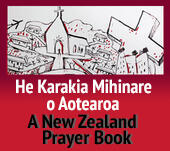
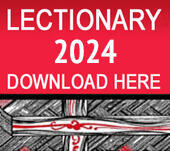


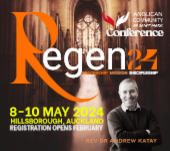
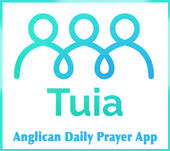




Comments
Log in or create a user account to comment.